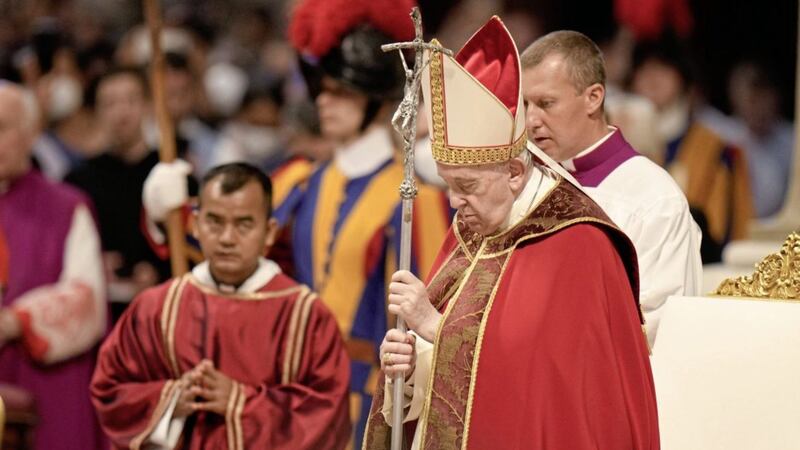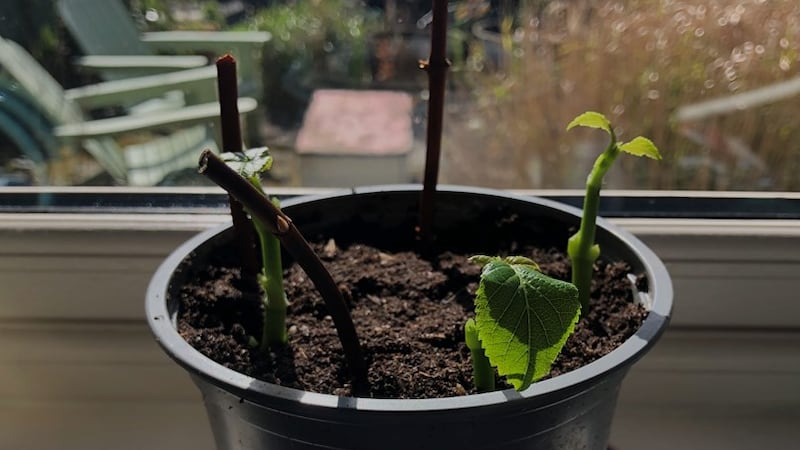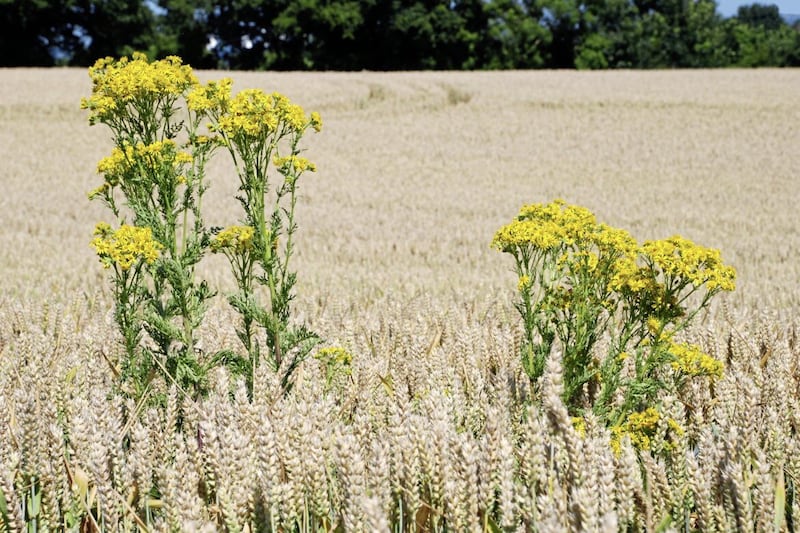WE have now left behind the months of big feasts. We use the term Ordinary Time for these Sundays - but there is never anything ordinary about Jesus' life and teaching.
The Gospel tells the story of Jesus' journey to his death, a tough road that he takes on with determination, whatever the cost might be. What might we learn as we continue our synodal pathway in the country and around the world?
Firstly, the writings of St Luke are full of journeys. Mary journeys to visit Elizabeth and then to Bethlehem. Jesus goes to Jerusalem and then back to the Father. And the early Church moves from being locked in an upper room in Jerusalem to preaching the Gospel in Rome - en route to the ends of the Earth.
The Church of Jesus is never going backwards. Every Calvary is part of the journey. Every crisis is an opportunity for renewal. Every apparent loss is a chance for new life.
Conversion means giving up things that we thought precious in order to let Christ upset our blinkered plans. There is a widespread temptation in Church to complain and criticise.
The Church can produce all sorts of great programmes that teach the content of faith. But unless, despite the problems, we make the Church a place of courage and hope, we labour in vain.
Jesus wants people to hear of the hope that he has won for us, not complaints about the things we think we have lost. Are we prepared to resolutely take the road ahead of us?
Secondly, freedom is a much-used modern word. We are told that we should be free to make choices about all sorts of things - and that our choices are good as well as beyond criticism.
Despite the endless choices, so many people can feel paralysed by pressures to choose, by the pressures to conform. For many people there is the experience of being mentally imprisoned by substance abuse or childhood memories, by poverty and loneliness.
We are told we have so much freedom that earlier generations did not have - and yet we have no guidance as how we might use and enjoy that freedom.
Jesus had the freedom to choose the journey to Jerusalem. The Gospel is clear that he was always led by the Spirit.
A church that is led by the Spirit will choose, not the easy road but the right road.
Discernment means discovering together where God is leading us. The Church will bear witness to Jesus, not by taking populist and short-sighted choices but by helping people to make Jesus-like grace-filled choices.
Can we witness to the liberating freedom of the children of God in a world that is drowning in freedom because no-one dares to teach it how to swim?
Thirdly, the bible is full of people who freely choose to make the costly decision to follow the divine call.
Elijah and Elisha are remembered because they took the road less travelled. In the Gospel, Jesus encounters people of good will who are conflicted when it comes to taking him literally and following Jesus.
His words to them may seem harsh. But, elsewhere in the Gospel, discovering the love of Jesus is compared to finding a treasure in a field or a pearl of great price and being prepared to give everything for it.
True freedom comes when we are drawn irresistibly by the love of Jesus. Holiness means discovering that, beside the love of God, everything else is merely dust and ashes.
Only a prayerful heart will be able to make wise and graced decisions. The future of the Irish Church lies not in importing clergy to keep the institution going, but in helping young people here to make outrageously generous decisions so that God can renew his mission in the Church.
He still invites people to put the hand to the plough. Christ's time is never ordinary time.








